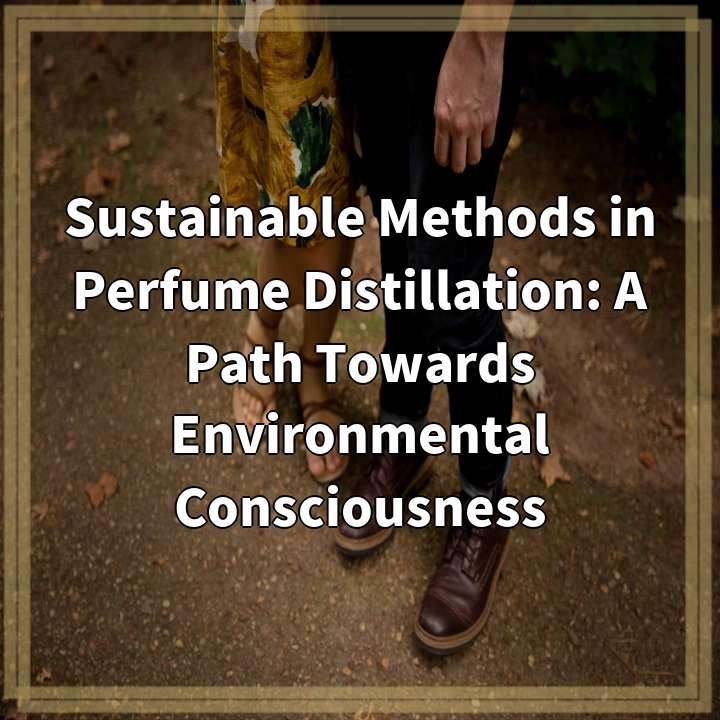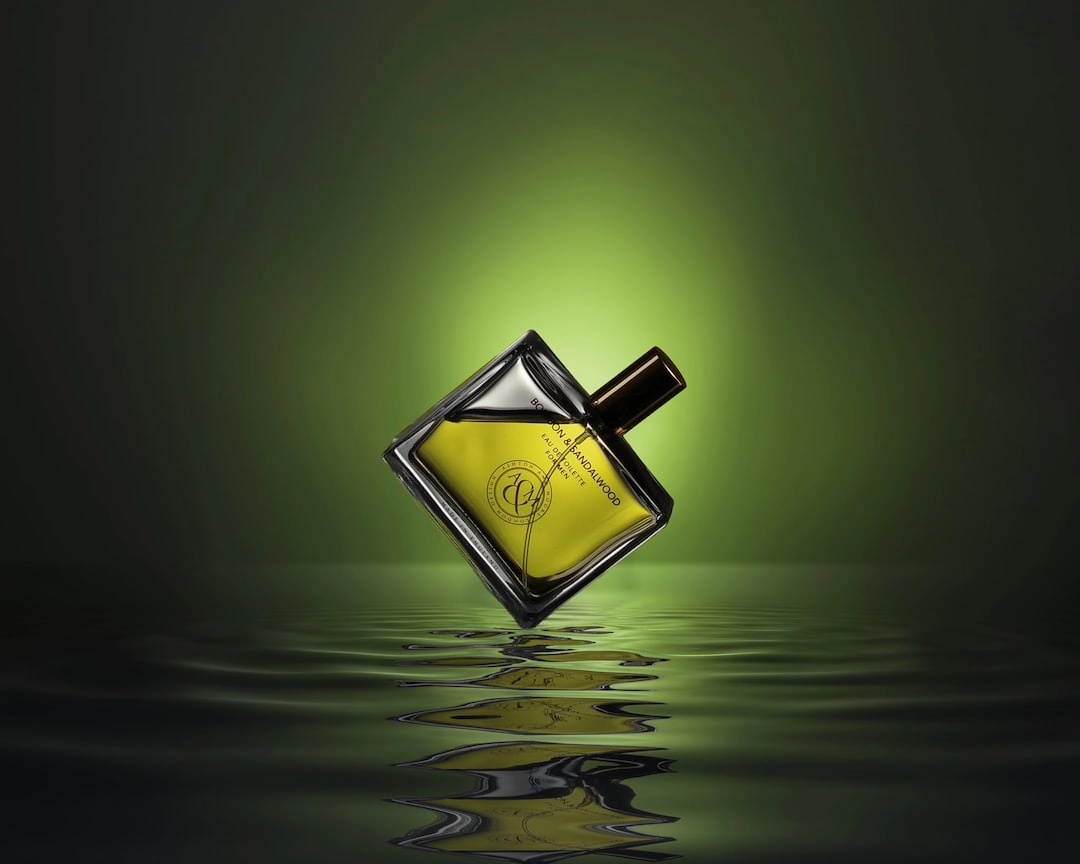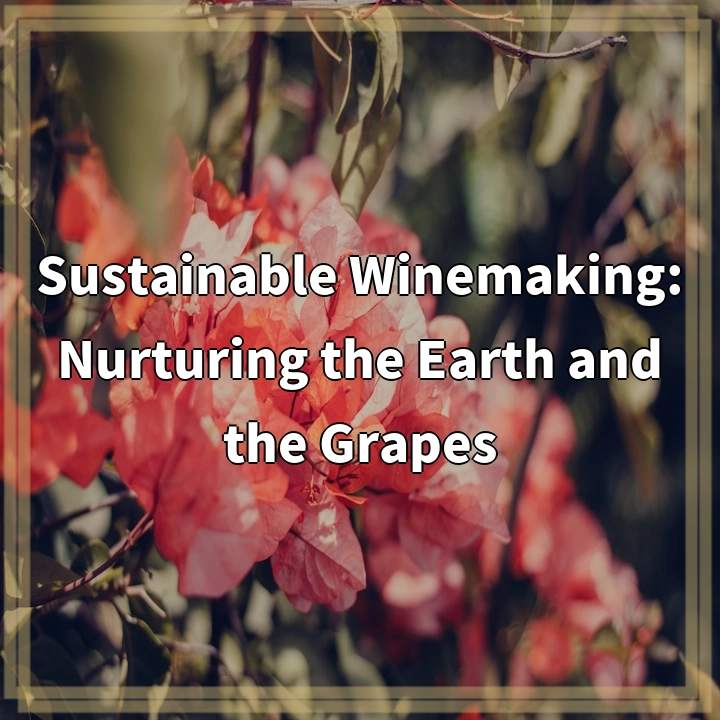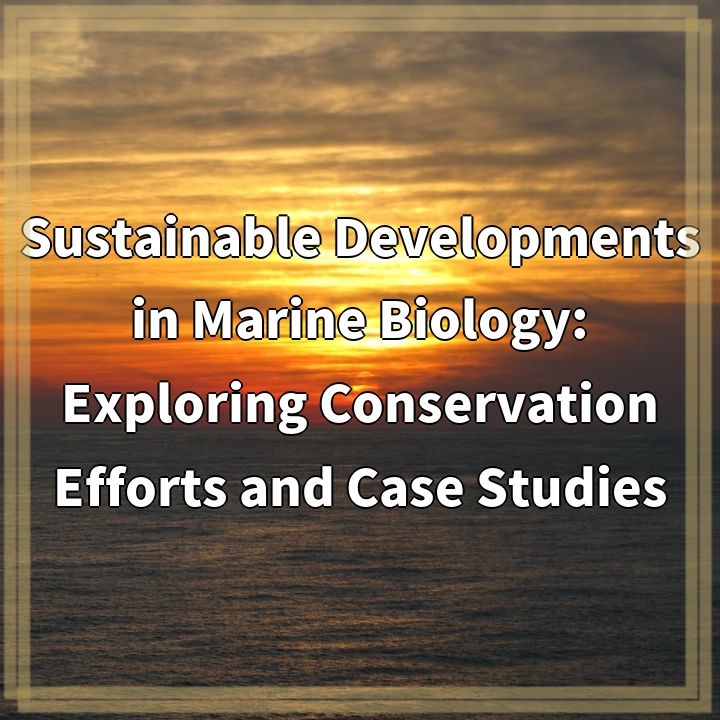
What it is:
Perfume distillation is the process of extracting aromatic compounds from natural sources such as flowers, plants, or fruits to create fragrance. While the art of perfumery has been around for centuries, modern perfume production methods often raise concerns in terms of their impact on the environment. However, there is a growing movement towards sustainable methods in perfume distillation, which aim to minimize environmental harm and promote ecological balance.
Real-World Problems:
1. Deforestation: Traditional perfume production often relies heavily on the extraction of essential oils from rare and endangered plant species. This has led to extensive deforestation and habitat destruction in certain regions, contributing to loss of biodiversity.
2. Chemical Pollution: Conventional perfume production involves the use of synthetic compounds and chemicals that may have harmful effects on human health and the environment. These chemicals can contaminate water sources, soil, and ecosystems, posing risks to both wildlife and communities living in proximity to perfume production facilities.
3. Carbon Footprint: The extensive energy consumption and carbon emissions associated with conventional perfume manufacturing contribute to climate change. The transportation of raw materials and finished products, as well as the energy-intensive processes used in distillation and packaging, all contribute to a large carbon footprint.
4. Waste Generation: Perfume production generates significant amounts of waste, including leftover plant matter, packaging materials, and chemical byproducts. Improper disposal of these waste materials can further pollute the environment and have long-lasting negative effects.
5. Animal Testing: Many perfume brands still test their products on animals, which raises ethical concerns and contributes to animal cruelty. These tests involve subjecting animals to potential harm and suffering, which can be avoided through alternative testing methods and cruelty-free practices.

Solutions for Sustainable Perfume Distillation:
There are several solutions and practices that can help address the environmental concerns associated with perfume distillation. By adopting these sustainable methods, the perfume industry can contribute to a more environmentally conscious and socially responsible approach.
1. Ethical Sourcing:
One solution is to prioritize the adoption of ethical sourcing practices. This involves working with suppliers who implement sustainable farming methods, engage in fair trade, and promote biodiversity conservation. By supporting responsible sourcing, perfume brands can help protect natural habitats and wildlife while ensuring the availability of raw materials for future generations.
2. Use of Natural Ingredients:
Another solution is to focus on using natural and organic ingredients in perfume formulations. By avoiding synthetic chemicals and harsh solvents, sustainable perfumes can reduce the environmental impact while offering a more authentic and gentle fragrance experience. It is important to ensure that the extraction methods used for obtaining natural ingredients are environmentally friendly and do not harm the source plants or ecosystems.
3. Recycling and Packaging:
Perfume brands can also contribute to sustainability by adopting recycling initiatives and using eco-friendly packaging materials. Emphasizing the use of recyclable or biodegradable materials can help reduce waste and limit the impact of packaging on the environment. Additionally, encouraging customers to return empty perfume bottles for recycling or refill programs can further minimize the industry’s ecological footprint.
4. Alternative Testing Methods:
To address the ethical concerns associated with animal testing, perfume brands can commit to using alternative testing methods that are cruelty-free. Advances in technology have provided innovative methods such as in vitro testing and computer simulations, which can help determine product safety without the need for animal experimentation. By investing in research and supporting the development of alternative testing approaches, the industry can pave the way for cruelty-free practices.
5. Transparent Communication:
Lastly, transparency and communication with consumers are key in promoting sustainability. Perfume brands should educate their customers about their sustainable practices, ingredient sourcing, and manufacturing processes. Providing clear and easily accessible information about the eco-friendly initiatives undertaken can empower individuals to make informed choices and support sustainable perfume brands.















